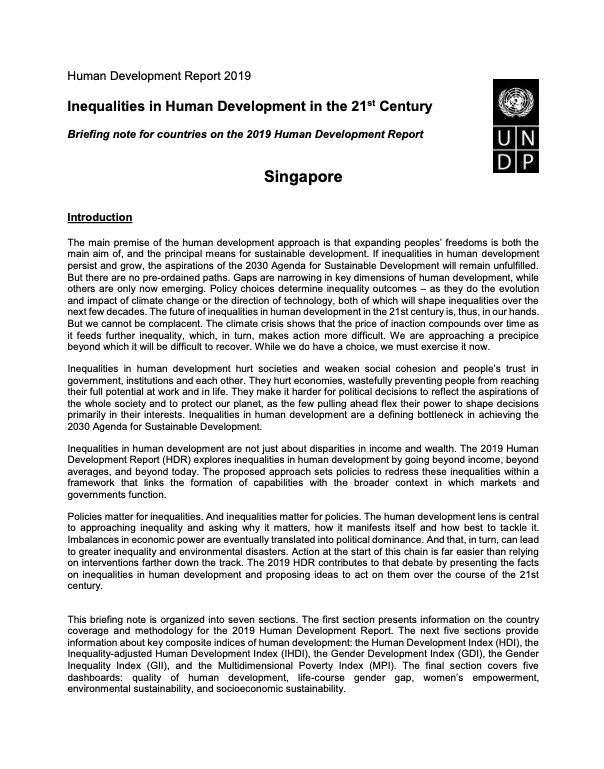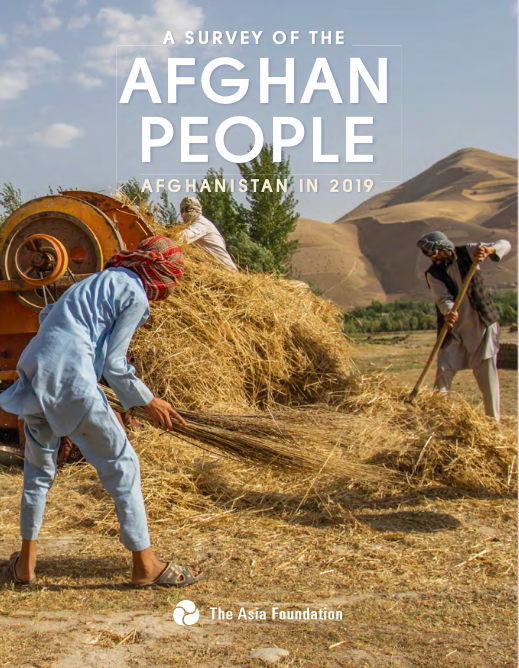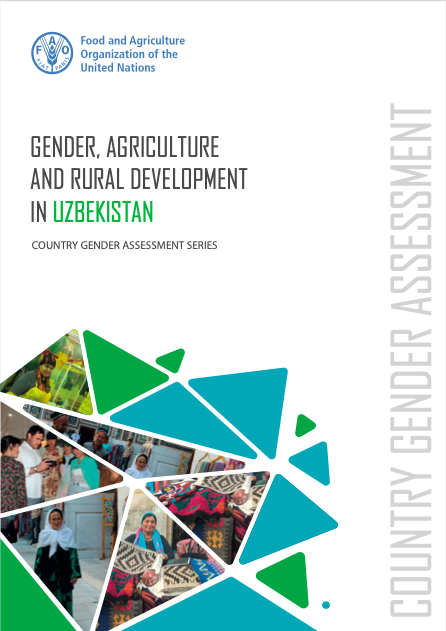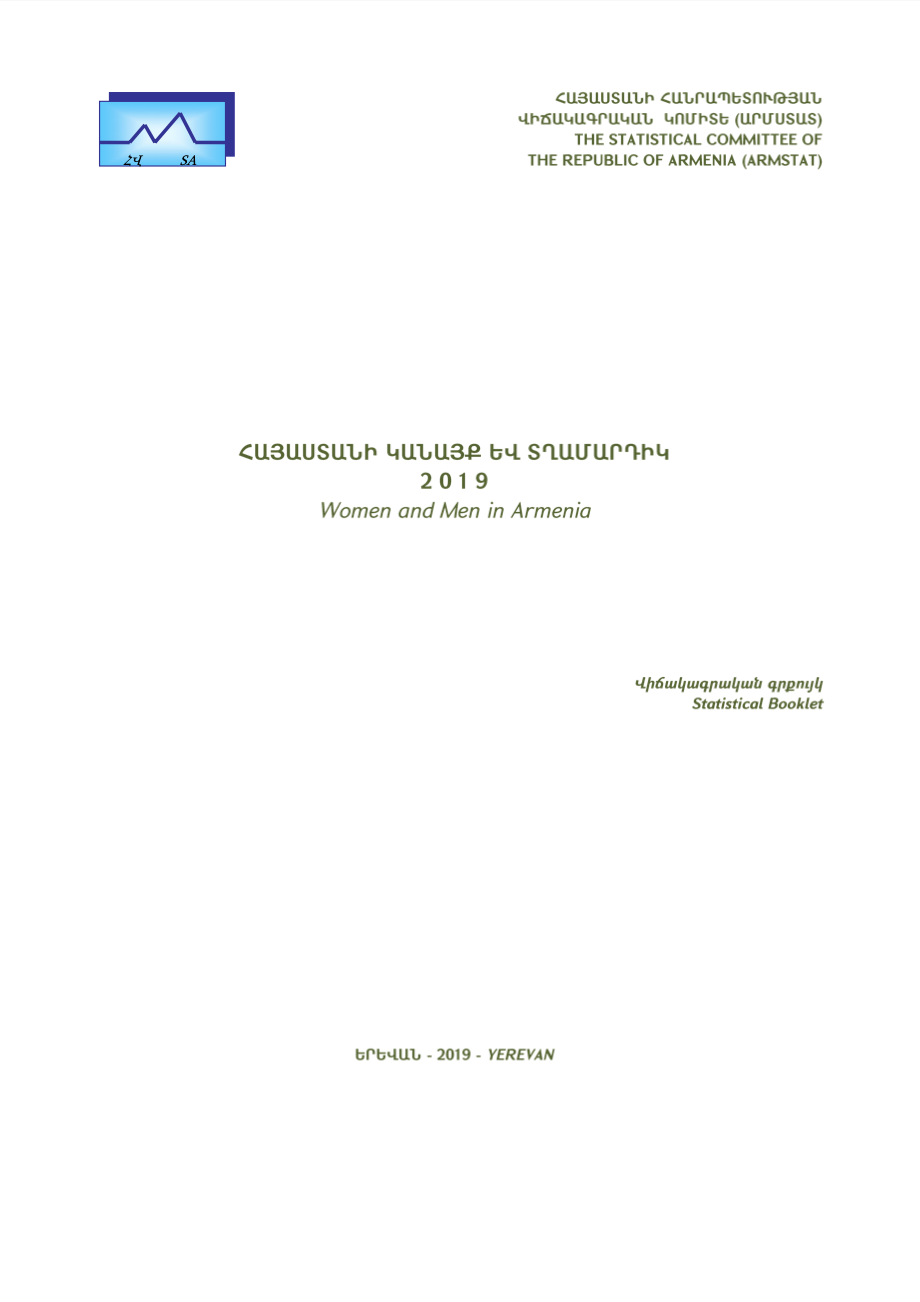ENVIRONMENT CONSERVATION ,CLIMATE CHANGE,ENERGY AND THE CHALLENGE OF CHARCOAL PRODUCTION - NAROK COUNTY
Kenya Land Alliance (KLA) in partnership with Indigenous Livelihoods Enhancement Partners (ILEPA) and through the support of the Global Green Grants is implementing a project on Climate change, Livelihoods, and energy targeted at Women and Youth in Narok County.






